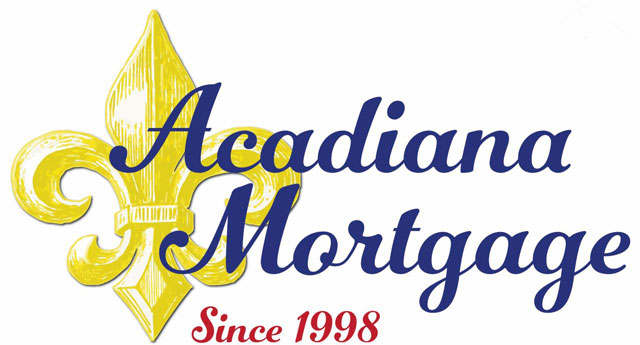Mortgage FAQs (Frequently Asked Questions)
Q: How does the loan process work?
A: A qualified lender will work with you to choose the best loan program and interest rates available to you. You then need to provide a list of the documents/documenation needed to complete your loan and once this is done your final loan papers are signed by you and you get a date when the loan will be completed.
Q: How do I know if I can get a loan?
A: A good start is, you try our mortgage calculators to see how much mortgage you could pay. You are also welcome to contact us using any of the methods provided on the menu.We will help you evaluate your loan potential. We are in the business and know what kinds of mortgages programs are out there and can help you choose a program that might be right for you. Another good idea is to get pre-qualified for a loan. That means you apply for a mortgage before you actually start looking for a home. Then you'll know exactly how much you can afford to spend, and it will speed the process once you do find the home of your dreams.
Q: What is a credit score?
A: A credit score is an indication of your credit history and assist in measuring your ability to repay a debt in the future. Acadiana Mortgage requires a minimum credit score of 600. Each loan type has different requirements. Each Lender sets their own guidelines so not all Lender's are the same.
Q: Can I become a home-buyer even if I have had bad credit, and don't have much for a down-payment?
A: Yes. Your credit doesn't have to be perfect to purchase a home. Difficult financial situations are often because of illness, divorce, or temporary unemployment. If you can demonstrate that the problem was in the past, and you have been able to re-establish a good track record for a sufficient amount of time, you may be in a good position to get a mortgage loan. Gift funds are usually acceptable
Q: What documents I need to have ready while applying for a mortgage?
A: Good question! You should at least have:
- All borrowers full names, date of birth and social security numbers.
- 2 Most recent paystubs for both borrowers.
- 2 Most recent checking and savings account statements.
- Evidence of any other assets like bonds or stocks if using for funds to close or income. 2 months
- Notification of any Child Support, Alimony or Separate Maintenance court orders.
- Copies of your last 2 years' income tax statements if you are self -employed, more than 50% commission or bonus income, or have rental property.
- 2 years of residency history.
- 2 years of empoyment history.
Q: When should I refinance my mortgage?
A: To determine whether you should refinance, compare the following:
- Current interest-rates compared the rate you are currently paying.
- Your current payment compared to what your payment would be with a lower rate.
- The amount of time you expect to live in your home.
- The cost to refinance your mortgage.
- Have your current mortgage statement ready and call our Loan Consultant and President Kara Lowrie 318-549-2800 for an overview.
Q: How can a shorter term save me money on a Fixed-Rate Mortgage?
A: Simple, if you go for a shorter term, you can save thousands of dollars in interest expense because you'll be paying off the loan sooner. Although your payment will be more each month, it may not be as much as you may think.
Q: What is a Loan Estimate?
A: A loan estimate is an estimate that outlines the costs you will incur during the mortgage process. This is provided to you when you apply for your loan and will list the total funds estimated that you will need for closing and an estimated monthly payment.
Q: How are the funds from my escrow account used?
A: The funds from your escrow account are used to pay property taxes and insurance. The payment is called an escrow payment, and a mortgage servicer withdraws the money from your escrow account and pays the third party. This is a non-interet bearing account. You should NEVER have to pay property taxes or homeowner's insurance out of your pocket if your loan is escrowed. The only reason your monthly payment ever changes is when your homeowner's insurance goes up, or if your property taxes go up. Servicing only collects what they are billed. NO servicer can just arbitrarily change your payment... it is always based on third party changes (assuming your rate is a fixed rate).





